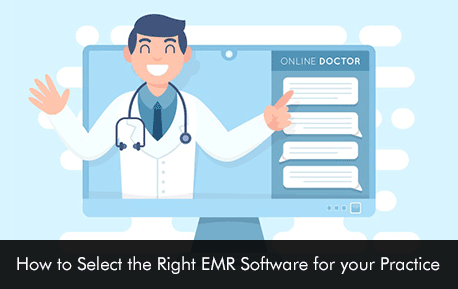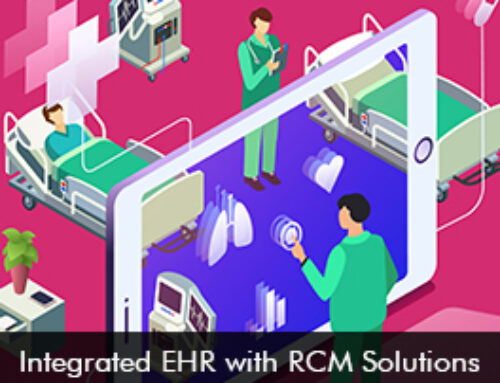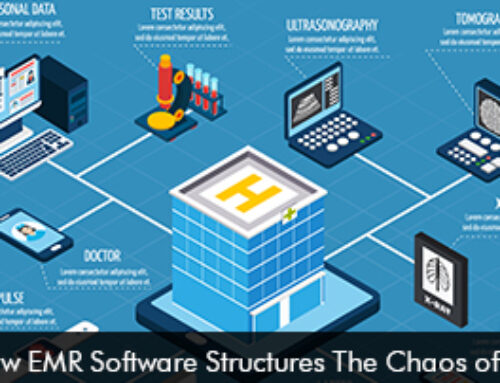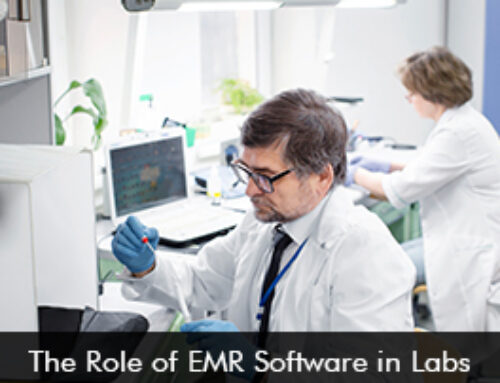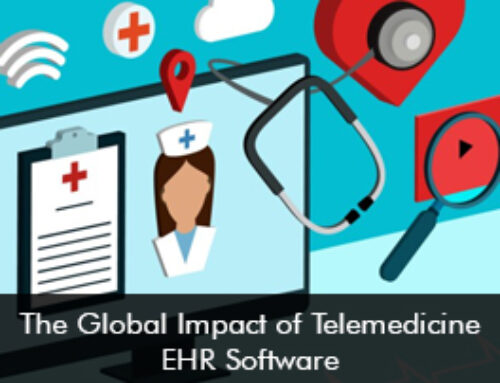According to the ONC data brief, 82% of hospitals have used EMR Software data to facilitate quality enhancement. The use of EHR software data reflects that hospitals will apply robust software technology to streamline clinical and administrative processes. That being said, we know it’s a daunting take to select the right EMR Software for your practice, as productivity depends upon it. Electronic Medical Records software solutions are known to give many benefits by streamlining day-to-day workflows, improved care coordination, however, a wrong decision can turn out to be a nightmare for your practice operations.
Make sure you get the most out of your investment by following these tips and suggestions that will make your selection process fruitful. There are certain considerations and questions you need to keep in mind to help ensure that you make the right EMR software purchase to maximize the benefits of cost-efficiency and reduction in manual errors.
Key Considerations for your Practice
Do you have Practice Management (PM) Software?
If you already have an existing Practice Management (PM) software system you need to make sure that the Electronic Medical Records software you are going to purchase seamlessly integrates with your PM software to give optimum efficiency. If you don’t have Practice Management software then the EMR software must offer Practice Management and hospital management functionalities. After all, you don’t want to end up spending more by purchasing a separate Practice Management and EMR software.
What functionalities and features are vital for you?
You must know which features and tools are important for you and your practice. First, make a list of the functionalities that are required to make sure no feature is missed out when you make your actual EMR software purchase. Make a features checklist that is important for you and your nurses to take care of patients. Charting, note-taking, diagnostics, patient engagement, task management, medication management, and order management are the necessary tools you should look for in your potential Electronic Medical Records (EMR) software purchase.
Interoperability should be a must-have feature in your EHR software choice
Data exchange and interoperability are crucial in choosing the right Electronic Health Records software solution. EHR Software solutions that are interoperable helps to cut down costs and paperwork and make it possible to easily share data and records between systems which ultimately enhances care coordination and improves health outcome vendors. Select an EMR software vendor that offers interoperability options for your practice.
Do you want specialty-specific software for your practice?
It is important to know which EMR software would work for your practice. A generic EMR software might lack the functionalities for your unique practice needs. For example, if you are a behavioral health practitioner you might want to go for specialty specify EHR software that has tools designed for your needs. For example, you will need the features of intake forms and in-built mental health templates to simplify the charting procedure.
Make sure the EMR software system is ONC-ATCB Certified
This is one of the most crucial considerations to make before selecting an EHR software solution for your practice. CCHIT and ONC-ATCB Certification ensures end-to-end encryption and protection of sensitive patient data that will be exchanged. Privacy comes first and your software vendor should be certified to ensure Meaningful Use.
Final Thoughts
You don’t have to rush into your EMR Software purchase because it’s a big investment. Make sure you consider the above-mentioned tips and conduct research before the actual purchase. You can even ask your fellow practitioners about their experiences with the potential EHR software system they are using which you plan to buy. Do all your homework and you will be in a confident position to choose the right software system for your practice. Good luck!


